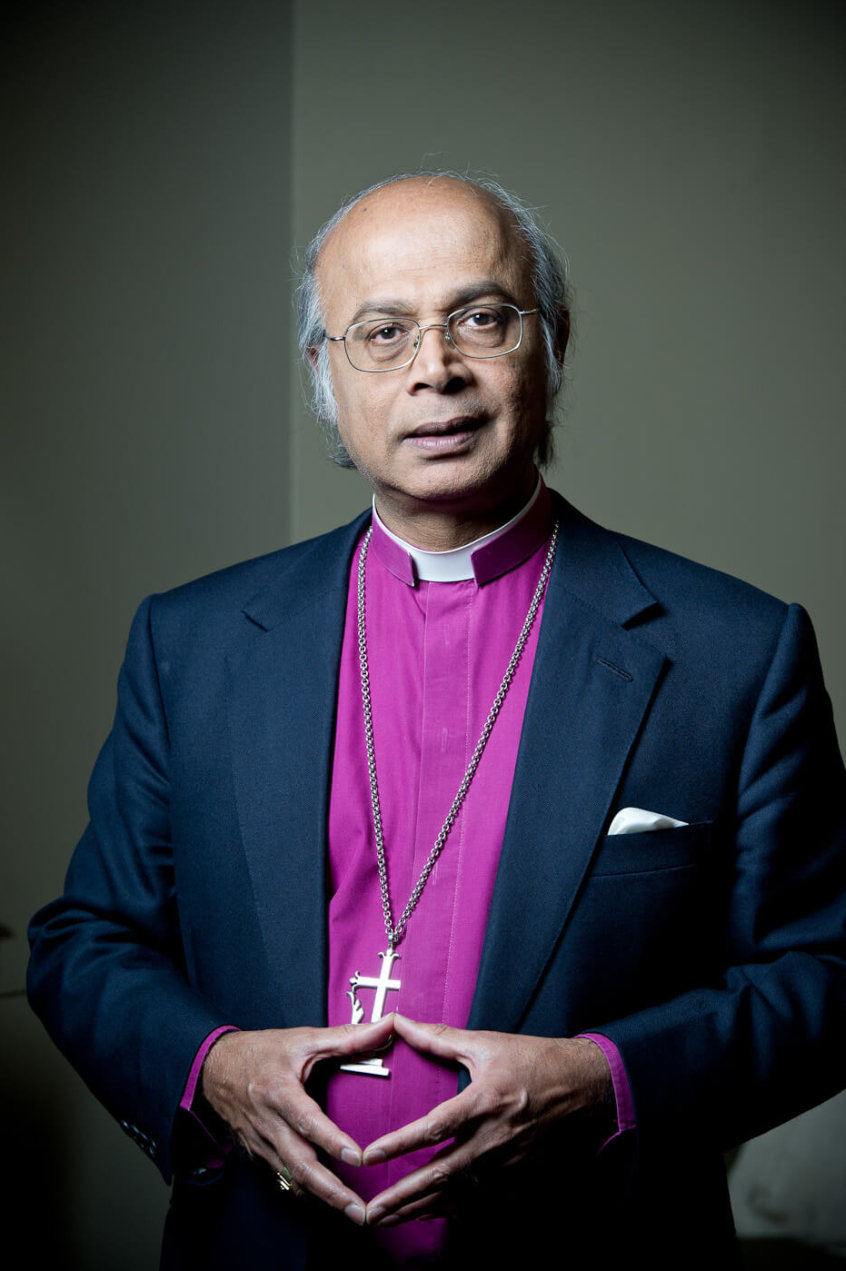
A prominent conservative evangelical bishop has warned against fixing the date of Easter to the same Sunday each year.
The former Bishop of Rochester, Dr Michael Nazir-Ali, who is now director of the Oxford Centre for Training, Research, Advocacy and Dialogue, has joined the Yorkshire town of Whitby in being among the small but influential number of people who oppose changing the current dates for celebrating the Resurrection of Christ.
Anglican leaders meeting in Canterbury agreed last week to work with Orthodox Christian leaders to move towards a fixed date for Easter. Although there have been unsuccessful attempts to do this before, the latest initiative has arisen from Patriarch Tawadros II, Pope of the Coptic Orthodox Church, who has also written to Pope Francis about it.
Whitby was the site of the Synod of Whitby in AD 664, which adopted the Roman practice for setting the date of Easter.
Dr Nazir-Ali told Christian Today: "There have been a number of reports in the press about the Archbishop of Canterbury announcing ecumenical agreement for the date of Easter to be fixed for the second or third Sunday in April.
"There are two issues here. There has been lengthy discussion between Eastern and Western Churches, which follow different calendars, about a common method of calculating the date of Easter.
"If such an agreement were to be reached, the date of Easter would still vary but it would be the same for all the churches. The other proposal is to fix the date for a particular Sunday to facilitate civil holidays etc."
He opposed the change because of the festival's Biblical links with the Jewish Passover.
"Whilst the first proposal has much to commend it, the second would effectively separate Easter from the Jewish Passover to which it is closely connected both theologically and historically," he said.
"This would be highly undesirable as it will further distance Christians from their Jewish roots and also affect their understanding of 'Christ our Passover who has been sacrificed for us' (1 Corinthians 5:7).
"In many languages, Pasch or Passover remains the usual term for Easter. This link should not be broken. It is my hope that church leaders are considering the first, not the second proposal."

















